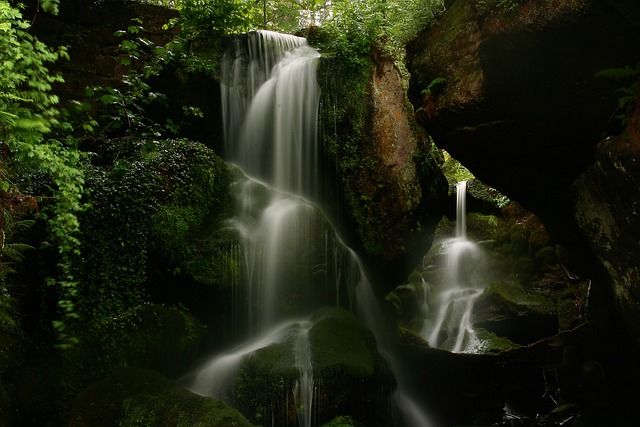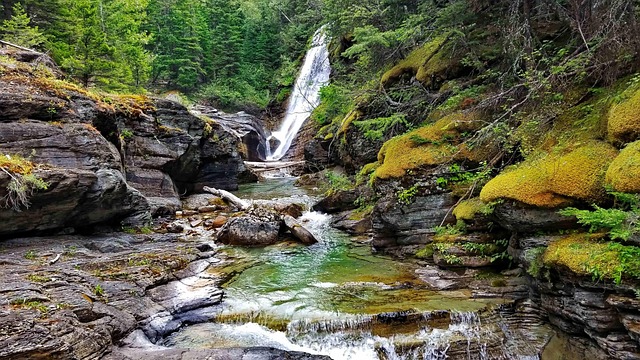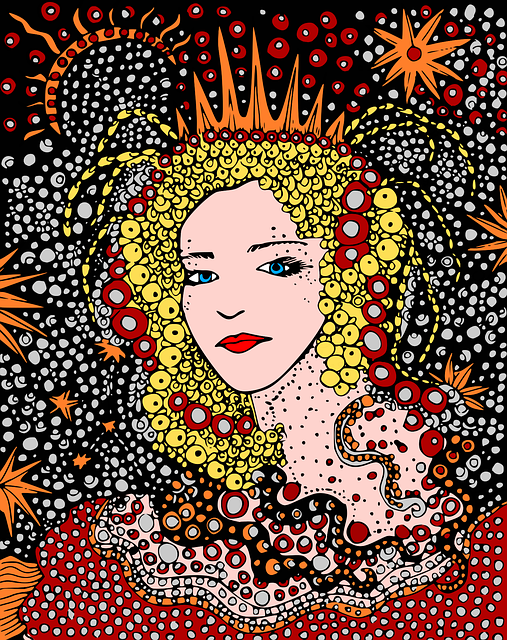A growing trend in real estate seeks equestrian-friendly neighborhoods and properties, driven by horse lovers seeking nature-focused lifestyles and communities. Farms with riding trails, stables, and agricultural activities are reshaping landscapes. Key factors include ample land, suitable topography, proximity to equestrian communities, water sources, utilities, and understanding zoning regulations for sustainable practices. Ideal homes offer scenic landscapes, dedicated stable facilities, well-maintained trails, local clubs, and access to veterinary care and farrier services.
In today’s world, there’s a growing demand for real estate that caters to equestrian enthusiasts. Local farms and equestrian-friendly neighborhoods offer a unique blend of rural living and horse ownership. This article delves into understanding this market trend, identifying key features sought by buyers, and exploring communities that cater specifically to horse owners. Whether you’re a seasoned rider or aspiring stable owner, navigating these aspects is crucial in finding the perfect property.
Understanding the Demand for Equestrian Properties

In recent years, there’s been a notable surge in demand for equestrian-friendly neighborhoods and properties across various real estate markets. This trend is driven by an increasing number of individuals and families who share a deep love for horses and desire to live closer to these majestic animals. The appeal extends beyond just owning a horse; it encompasses a lifestyle that values the connection with nature, offers opportunities for outdoor recreation, and promotes a sense of community among fellow horse enthusiasts.
The integration of local farms and equestrian-friendly areas within real estate developments has become a game-changer. Many buyers are seeking properties that not only accommodate horses but also provide easy access to riding trails, stables, and agricultural activities. This shift in preference is reshaping the landscape of rural and suburban neighborhoods, with developers now incorporating specific amenities to cater to this niche market. The demand for such properties reflects a broader trend towards a more sustainable and nature-focused lifestyle, where living closer to agricultural land becomes an appealing aspect of homeownership.
Identifying Key Features of Farmland Real Estate
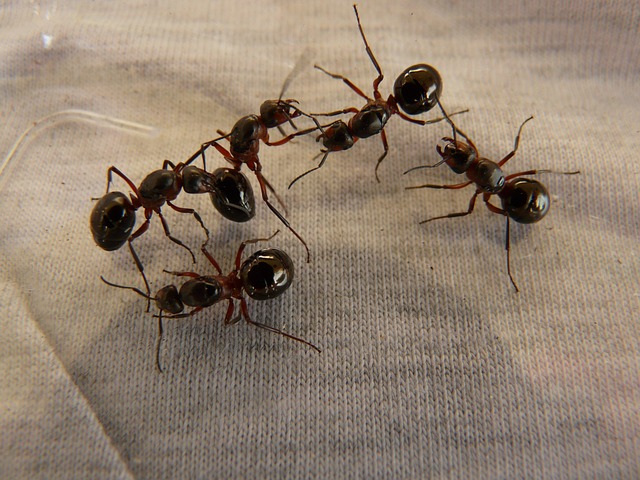
When searching for farmland real estate, it’s crucial to identify key features that define its potential as a haven for equestrian enthusiasts and farmers alike. Firstly, assess the size and topography of the land; open fields with gentle slopes are ideal for grazing and riding. Proximity to established farms or equestrian communities is another significant factor, offering easy access to resources and potential partnerships.
The presence of adequate infrastructure is essential. Look for properties with water sources like streams or wells, essential for livestock and agricultural activities. Additionally, consider the availability of utilities such as electricity and internet connectivity, which are increasingly important for modern farming practices. Zoning regulations and land-use policies should also be examined to ensure compatibility with equestrian pursuits and sustainable farming methods.
Exploring Neighborhoods Catering to Horse Owners
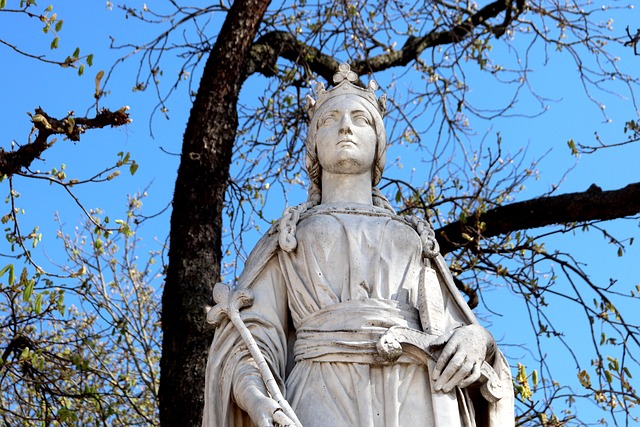
For horse lovers, finding a neighborhood that caters to their unique needs can be a dream come true. When exploring real estate options, consider areas that not only offer scenic landscapes but also have infrastructure supporting equestrian activities. These neighborhoods often feature dedicated stable facilities, well-maintained riding trails, and even organized riding clubs or associations. Homebuyers with horse ownership in mind can look for communities where equines are an integral part of the local culture and lifestyle.
Such neighborhoods provide easy access to essential services like veterinary clinics, farriers, and equestrian supply stores, ensuring that horse care is conveniently accessible. Moreover, these areas often foster a strong sense of community among residents who share a passion for horses, creating a supportive network for both humans and their four-legged companions.
